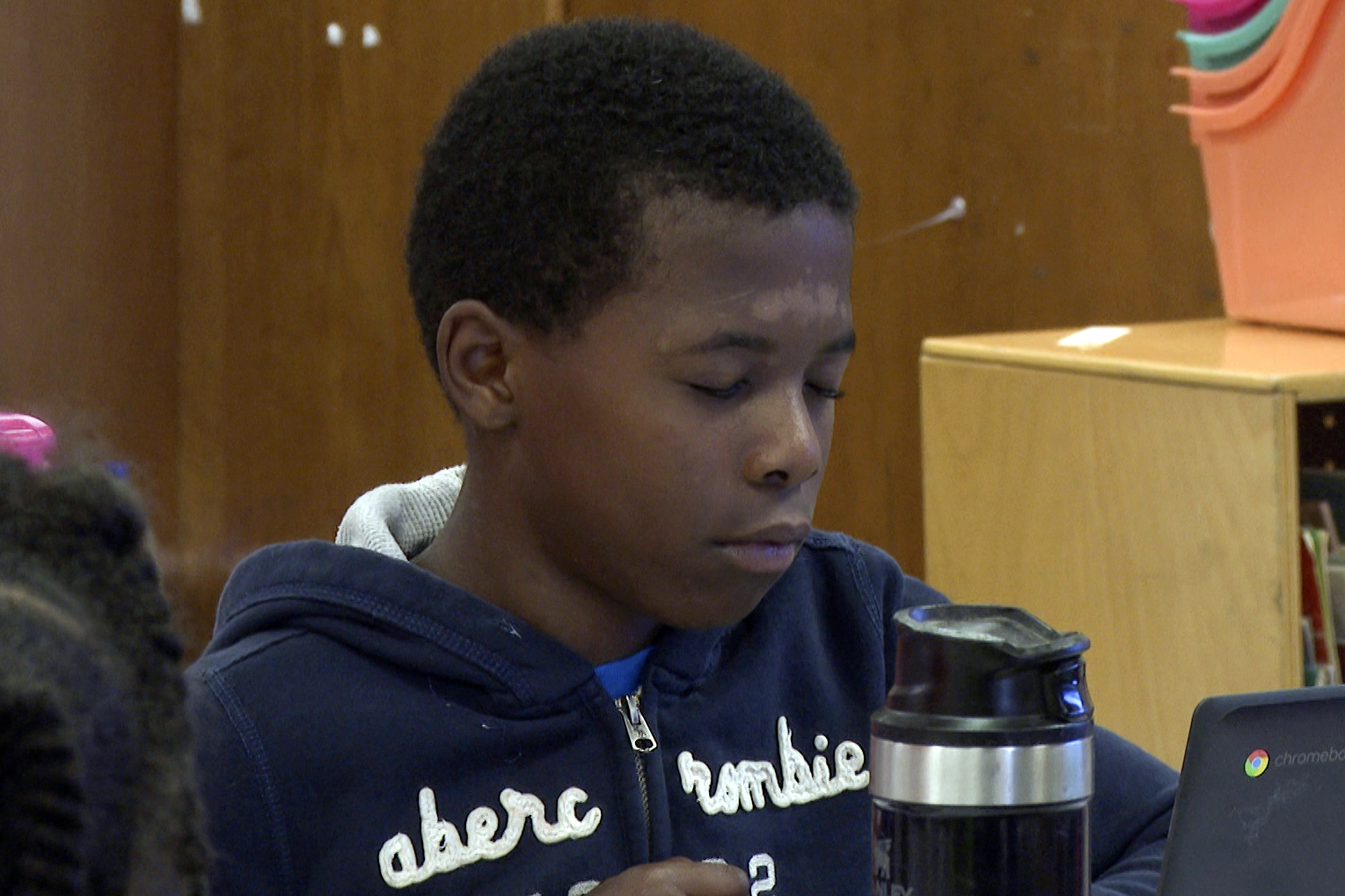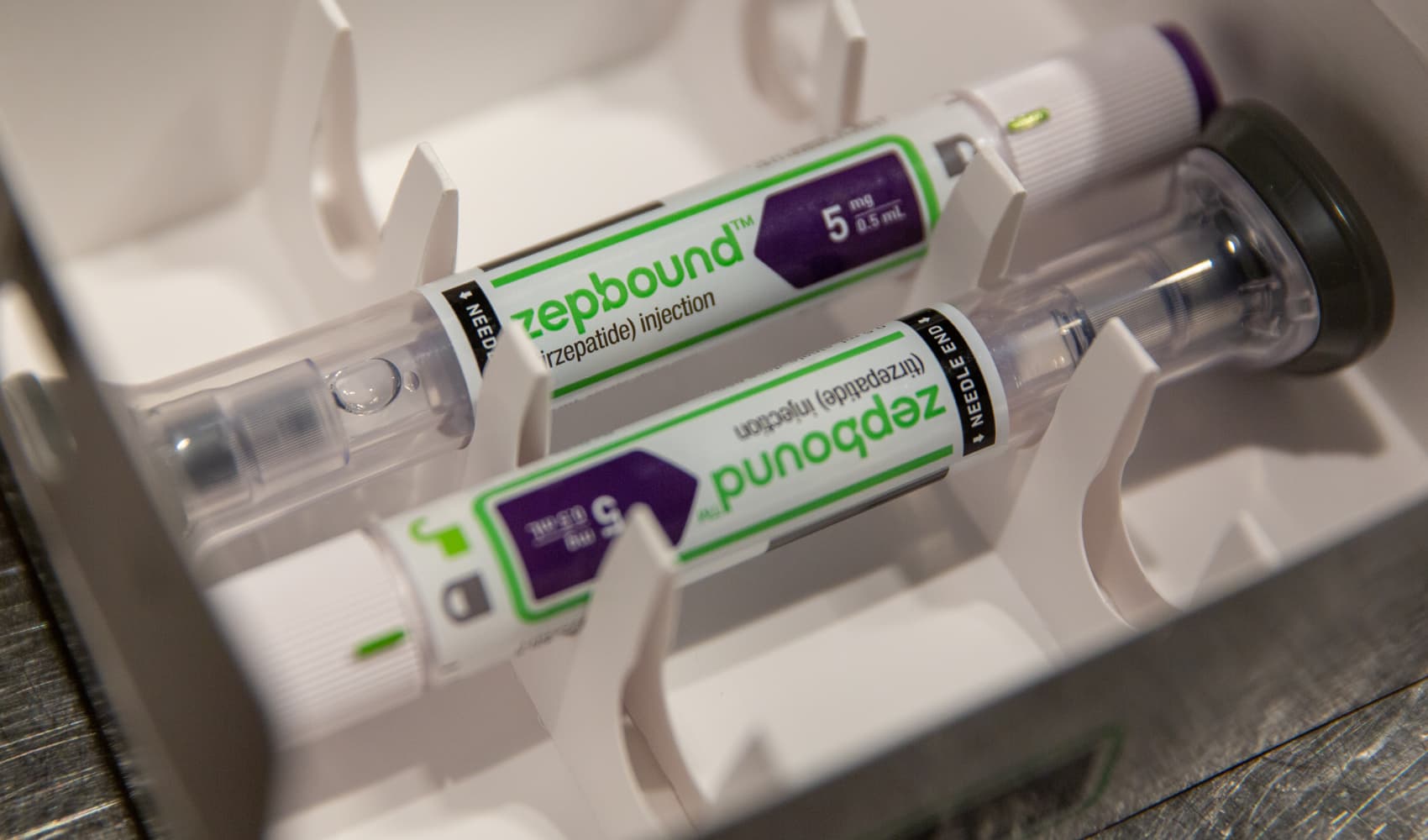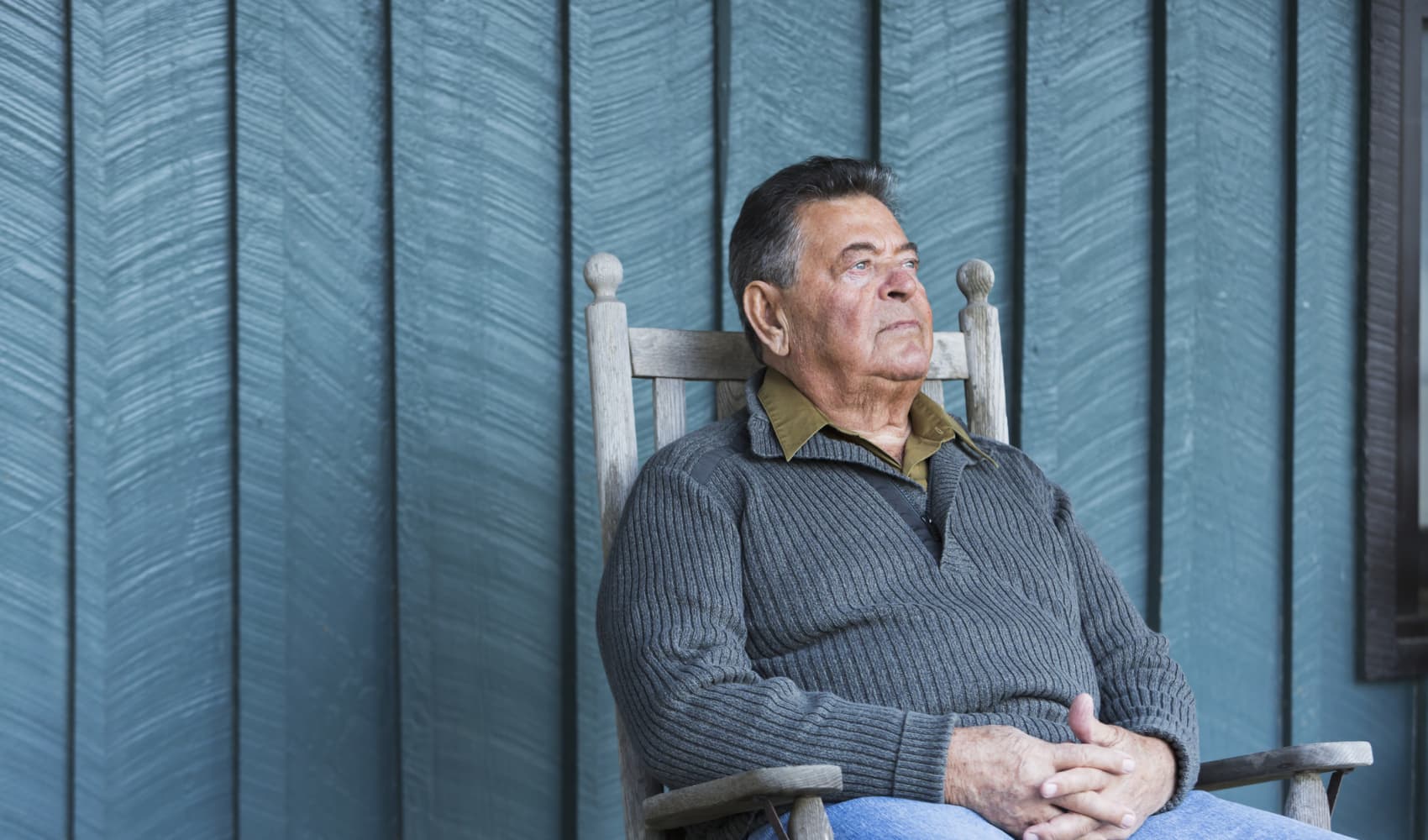When you play team sports and you're on the field, you depend on your teammates to carry you through. The same goes for the game of life.
For a Frisco man and his wife facing the toughest battle of their lives, his college football buddies are by their side, showing the same enduring bonds forged in the heat of competition can prove to be a lifeline in difficult times, decades down the road.
It's been more than 40 years since Tim Gibbs, Xavier Warren, Rodney Young and Marcus Anderson suited up to play football together at the University of Tulsa.
Tim Gibbs said, "I remember when Marcus first came to Tulsa."
Get top local stories in DFW delivered to you every morning. Sign up for NBC DFW's News Headlines newsletter.
"I was on the offense, so I remember running into you two guys," said Rodney Young.
After decades apart, the men are teaming up once again, reminiscing on the old and making new memories.
"Remember that Mustang Marcus used to have? Riding around the city, man?" Gibbs said. "Good old days."
These days, Anderson can't drive. He can barely speak. At 61 years old, Anderson is seven years into living with early-onset Alzheimer's.
"I've only heard him say my name maybe once in the last four or five months," said Deborah Anderson, Marcus's wife.
His wife said that for many, the devastating diagnosis is isolating. Regular visits from his former teammates keep his spirits up.
"I am just greatly and deeply appreciative for their brotherhood, their friendship. They consistently show up. When you find friends like that, that are that supportive and, just loyal, then that's rare," Deborah Anderson said.
Her husband's diagnosis is also rare. According to the Cleveland Clinic, roughly 5% of people with Alzheimer's begin showing symptoms before 65.
Deborah Anderson described her husband as always articulate, awesome and witty. She said she first noticed something was off when he was applying for jobs and struggled to talk about his career of 30 years.
"His memory, his recollection wasn't very clear,' Deborah Anderson said.
She called the doctor. Eight months later, a spinal tap discovered the presence of the tau protein, which is associated with Alzheimer's disease.
"He was 53. It was difficult to take in," Deborah Anderson said.
Marcus Anderson's cognitive abilities declined quickly, and in 2021, they left Indiana for Texas, where they found more resources and memory care facilities. Deborah Anderson balances full-time work with what she said is her most important job, being her husband's advocate.
"When you say your vows, well, the minute you get the diagnosis and live this, that's what those vows mean. And so, I really take that to heart and feel great that I'm able to support him the way that do," she said.
She works to spread awareness and helps to moderate an online group of more than 1,600 wives of people diagnosed as early as their 30s and 40s. The organization We Walk This Together helps spouses navigate challenging diagnoses and find additional support.
"All of the different ways your life changes the instant you learn that that's what your loved one is suffering from because the impact is very broad. I think there needs to be more policy discussion, more government interaction, discussions about Medicare and ways to support families with this diagnosis," said Deborah Anderson.
She said anyone who notices something is slightly off with the way their loved one communicates should get them checked out and consider seeing a neurologist. While she can't point to a specific cause, Anderson broke his neck in college, and she questioned if the injury is in any way connected to his condition.
"He did break his neck, last 40 seconds of a football game, his senior year in college. And I do believe that most likely his diagnosis is attributed to that," she said. "There is a link between sports-related injuries and Alzheimer's. And there really was no follow-up."
But that memory is bittersweet. After falling out of touch after high school, Deborah and Marcus only reconnected when she heard about his injury.
"So, had he not had that misfortune on the field, we would not have the beautiful family that we have," she said.
The couple has shared 32 years together, making memories, raising two boys, and welcoming three grandchildren. When Deborah Anderson was no longer able to care for her husband at home, she brought his man cave to his room in the memory care facility.
"His love and admiration for Muhammad Ali reminds me of his fight that he's in right now," she said, pointing to framed posters of sports icons on his walls.
These days, Deborah Anderson visits her husband every day for lunch. And thanks to football, they have lifelong friends who are now part of Deborah's team.
"We just accept him where he is and his new normal every day as it comes," said Warren.
Together, they aim to give Marcus the best quality of life possible for as long as he lives.
"He's living. He's here with us. I treasure every moment we have,' said Deborah Anderson. "I don't want him to be forgotten."
One way Deborah Anderson hopes to honor her husband and spread awareness of Alzheimer's is to sell his beloved MGB. Marcus Anderson is a car enthusiast, but due to his condition, he can no longer drive the 1979 British sports car he bought after he graduated from college. Deborah Anderson hopes to connect with the Gas Monkey Foundation to sell it. Proceeds help the foundation support Alzheimer's research.




